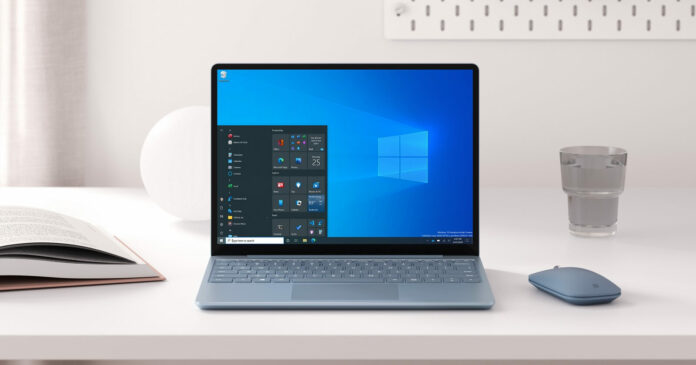Changes to the Microsoft Partner Program
Changes to the Microsoft Partner Program
The Microsoft Partner Program is designed to make it simple for organisations to access everything required to design and build successful business solutions. It has been a very successful offering with many benefits for partners – and this month it is getting an overhaul. The first big change to note is that the name is different – the Microsoft Partner Program has now become the Microsoft Cloud Partner Program. This illustrates just how much Microsoft is now focused on a cloud-first approach. However, it’s not just the name that is changing.
A tougher approach for partners
The changes that Microsoft is making to its partner program are essentially going to make it tougher for companies to be partners – but also give consumers more information when it comes to assessing a partner’s capabilities. The changes are being rolled out this month and the badges that partners have will change in accordance with the new shift.
What exactly is changing?
The program is shifting from the nearly 20 competencies that were previously available across Cloud Platform (for Azure), Cloud Productivity (for Microsoft 365) and Security in either silver or gold, to a list of six Solutions Designations. These are:
- Security (Microsoft 365 and Azure)
- Modern Work (Microsoft 365)
- Business Applications (Dynamics 365 and Power Platform)
- Infrastructure (Azure)
- Data & AI (Azure)
- Digital & App Innovation (Azure)
The previous approach was one of certification, with organisations required to ensure that a number of employees are certified in specific exams and performance requirements. Now, these six areas are going to be much more difficult to attain, with requirements based on a ‘partner capability score.’
Designations and Advanced Specialisations
For those looking to go further than Designations there is also the option of Advanced Specialisations, which are basically the next level up. These are not new – they have existed for some time now – but they are going to be more of a priority for businesses that are keen to stand out. Advanced Specialisations can be used to demonstrate strong commitment and technical expertise in specific fields. They are focused on particular technical requirements and where an organisation has one of these are a good example of capability in that area.
Fewer Microsoft partners?
Given that the new partnership program has more stringent requirements and will require businesses to do more to achieve Designations or Advanced Specialisations, the reality is that there will be fewer businesses that are part of it. This is certainly going to be a more challenging situation for companies looking to be Microsoft partners but it does have an advantage for consumers who should be able to better understand the capabilities that a partner has and find the right fit in terms of what they’re looking for.
The new Microsoft Cloud Partner Program might represent a greater requirement for effort and expertise for potential partners – but it will also give those that are really capable the chance to shine. It’s also going to make it much more straightforward for consumers to find a great match in terms of expertise.
We’re excited to be associated with Microsoft as we have been for years, and are looking forward to announcing our new specialisations under the new Microsoft structure in the near future.
You Might Also Like

End Of Life for Microsoft Windows 10 – October 2025

